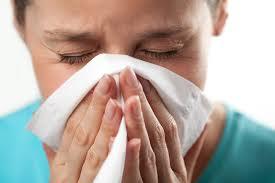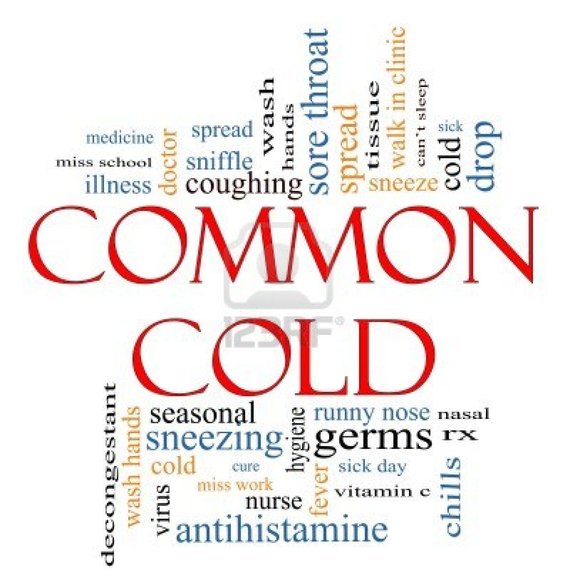
Last week, the day after the temperature dipped from 60 degrees to 25 degrees, I mistakenly left for work without a winter jacket. Rushing 50 yards to the hospital doors with my arms clung to my chest in the blistering cold, my tie flew over my shoulders, my teeth chattered, and my fingers went numb.
That evening I began to sniffle. The next morning I had a sore throat, and the following day my nose would not stop running during a meeting. So I wondered, does being out in the cold cause you to get the cold?
As an infectious disease doctor, I felt a little embarrassed that I didn't know the definitive answer to this simple question. Especially since I repeatedly rebuke my teenage children for not taking a jacket to school or wearing socks and a sweater at home.
I learned in medical school that the common cold, a viral infection, is not caused by its namesake "the cold" but rather by a small infectious agent that infiltrates the cells and hijacks the cell's machinery to replicate itself until the culprit particles are effectively destroyed by the immune cells of the body.
So I began my search to find the reason for the correlation. (Yes, doctors do Google searches to find medical answers too -- cautiously though). The most entertaining and informative resource was the asapscience video, which had 4.3 million views.
Here are some facts. Without doubt, during the winter time there are an increased number of respiratory infections caused by over 200 difference viruses, including picornaviruses (common cold) and orthomyxoviruses (influenza). In the winter, as many as 5 of 100 patients coming to the emergency room have a "flu-like illness" compared to less than 1 per 100 during the summer seasons.
So what is it about the winter season? No one knows for sure, but there are three possible reasons. First, during cold winter days people tend to stay indoors leading to more person-to-person interactions and increasing the spread of hundreds of viruses.
Second, cold weather leads to lower humidity, which causes the mucous in our nostrils to become dry, hence reducing the protective layer. One study on guinea pigs showed that a respiratory virus is transmitted much more easily at 20 percent humidity and 41 degrees compared to not at all at 80 percent humidity and 86 degrees.
Lastly, in the winter season people get less vitamin D due to lower sun exposure, leading to lower immune response, which may cause increase infections by the cold viruses. 
Honestly, I didn't find any of these arguments very convincing, so I researched further and found an interesting study about getting a cold after having cold feet. In a 2005 study in Family Practice Journal, researchers studied 180 subjects and randomly dipped half the subjects feet in a 10-degree bowl of water for 20 minutes. A few days later, 13 of the 90 chilled subjects reported cold symptoms compared to 4 of the 90 un-chilled ones. For me, this study put it all together.
So here is what I think happened to me. The day the temperature dipped below freezing and I was walking in and out of hospitals without my jacket, the cold temperatures caused my blood vessels to vasocontrict -- that is, to take blood away from the surface of my skin to the core of the body in order to conserve heat. (Studies from the cold feet study show that even when feet are placed in the cold, the vessels of the nose vasoconstrict.) This led to less blood flow and less protective white cells to the face and nose area and less mucous and further virus replication.
Also, it was likely that I had dormant "subclinical " viruses in my nose, which were acquired due to increased person-to-person interaction during the winter season, and one of these viruses found the perfect opportunity, with my depressed immune system, to attack. End result: a cold due to the cold.
So my suggestion of best ways to prevent the cold is to follow the Super Bowl teams' strategy -- a good defense. We can build our immune system by eating right (getting our vitamins A, C, D and E through fruits and vegetables), getting sleep over 7 hours a night, doing relaxation and meditation for 10 minutes a day, exercising regularly for 30 minutes a day, and staying bundled with a warm jacket and thick socks.
Now only if I can follow my own advice.